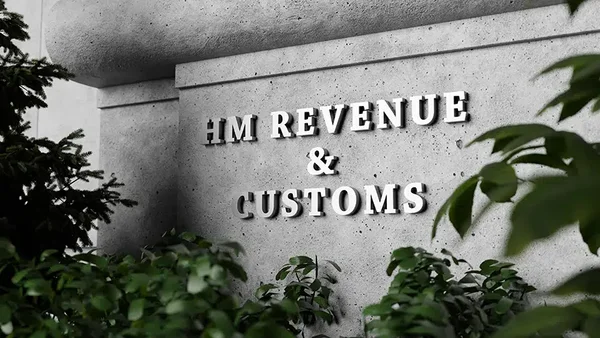Avoid Common Tax Mistakes and Maximise Your Earnings

If you're part of the gig economy - whether delivering food, driving passengers, or freelancing on platforms - filing taxes might feel as daunting as navigating peak-hour traffic. The gig economy offers flexibility, but with it comes the responsibility of managing your own taxes. Many drivers and gig workers miss out on legitimate deductions or make simple errors that lead to fines.
Here's your roadmap to avoid common tax mistakes and keep more of your hard-earned income.
When you're out there hustling, remember that some of your costs can reduce your tax bill. Mileage, insurance, tolls, and car maintenance (if you’re a driver) are often deductible. If you’re delivering food or packages, protective equipment and a portion of your phone bill might qualify too. But here’s the catch: only costs directly linked to your work can be claimed.Claim Legitimate Expenses
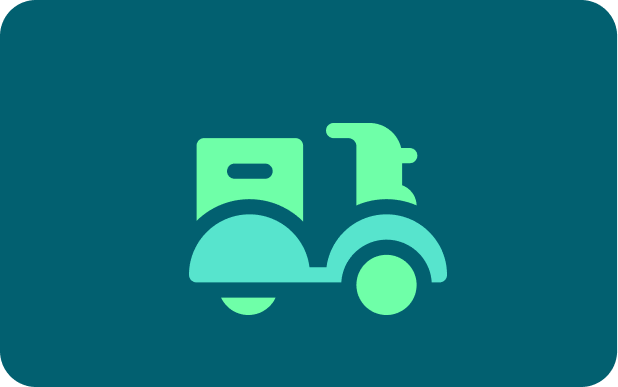
Common Mistake: Not keeping proper records
HMRC requires proof, so keep all receipts or use an expense-tracking app. Missing these could mean losing out on deductions and paying more tax than necessary.
If you’re new to the gig economy, be aware that no one is deducting tax from your income. This means you need to set money aside, so you aren’t caught off guard when the tax bill arrives. Aim to save around 20-30% of your income to cover taxes, though it varies based on your earnings and tax bracket.Set Aside Money for Taxes

Common Mistake: Forgetting to budget for tax time
Many gig workers face a rude awakening when their tax bill arrives. Avoid this by regularly setting aside money into a separate account to build your tax fund.
HMRC’s self-assessment deadlines can be strict, and late submissions often result in penalties. The tax year runs from 6 April to 5 April, with the online self-assessment deadline on 31 January the following year. Mark it on your calendar or set a reminder so you don’t end up paying unnecessary fines.Understand Self-Assessment Deadlines
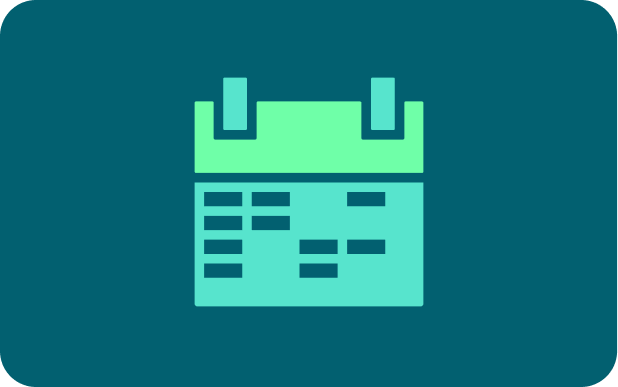
Common Mistake: Missing the deadline
It sounds simple, but missing the tax return deadline is one of the most common mistakes. By preparing early, you can avoid the rush and any last-minute panic.
In the UK, all self-employed individuals have access to a £1,000 trading allowance, which means the first £1,000 of your gig economy income can be tax-free. Additionally, there’s the personal allowance of £12,570 (for the 2024/25 tax year). Combined, these allowances can mean significant savings if you’re not earning beyond this threshold.Know Your Allowances
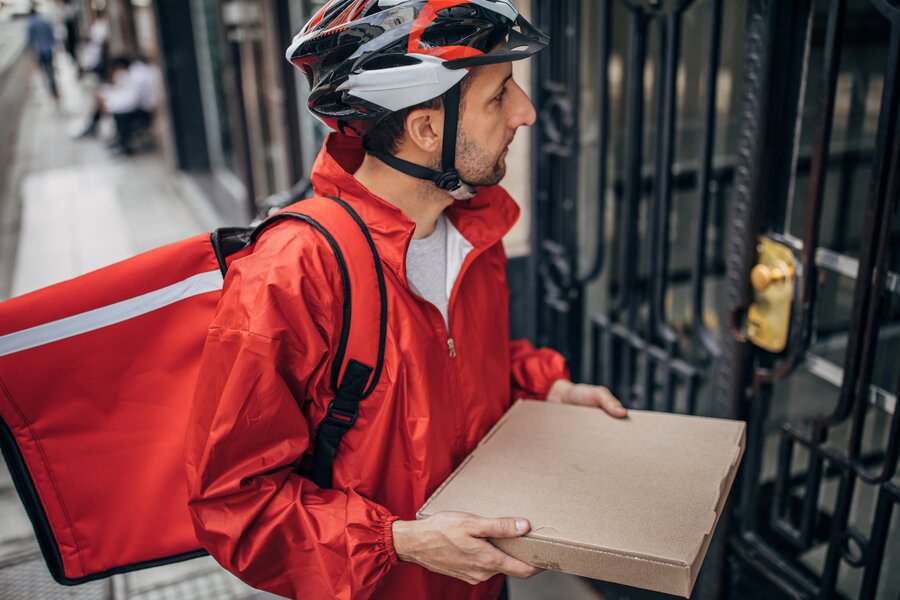
Common Mistake: Overlooking the trading allowance
If you earn only a small amount from gig work, you might not need to file a tax return at all. This can save you both time and effort, so it’s worth checking if this applies to you.
It can be tempting to use your personal bank account for everything, but mixing personal and business expenses can lead to confusion and potential mistakes come tax time. Keeping a separate account for your gig earnings and expenses makes it easier to track income, record business expenses, and prepare for tax filing.Separate Business and Personal Finances
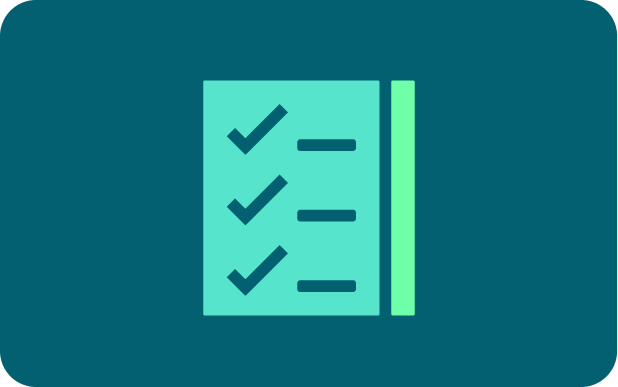
Common Mistake: Combining finances
Not only can combining finances lead to missed deductions, but it can also increase the risk of HMRC investigations. A separate account doesn’t just help with tracking—it’s a sign of good financial management that HMRC appreciates.
Get Help if You Need It
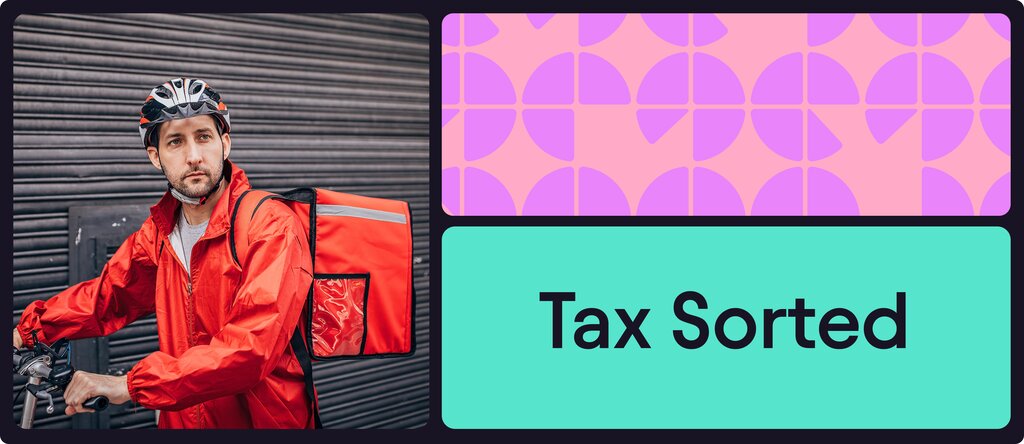
Tax rules can be complex, and if you’re unsure about anything, consider speaking with a professional or using a tax platform that caters to gig workers. Small investments in time and help now could save you a lot of stress—and money—down the road.
Final Thought
Managing taxes as a gig worker might seem like an extra chore, but with a bit of planning and some smart moves, you can stay on the right track and maximise your earnings.
Frequently Asked Questions
Do I need to register with HMRC if I only do gig work occasionally?
Yes, if your earnings from gig work exceed the £1,000 trading allowance, you need to register as self-employed with HMRC and submit a self-assessment tax return. Even if it's part-time or occasional work, you’re still responsible for reporting income over this threshold.
Can I claim tax deductions for expenses like car repairs and fuel if I use my vehicle for both work and personal errands?
You can only claim deductions for the portion of expenses directly related to your gig work. It’s essential to keep a record of your business mileage and expenses so you can accurately calculate the work-related portion.
Am I required to pay National Insurance contributions as a gig worker?
Yes, self-employed gig workers may need to pay Class 2 or Class 4 National Insurance based on their earnings. If your annual profits exceed the small profits threshold (£6,725 for 2024/25), National Insurance will apply, so factor this into your tax planning.
What should I do if I have other sources of income alongside my gig work?
You’ll need to report all sources of income on your self-assessment tax return, including any PAYE (Pay As You Earn) employment income. HMRC will calculate the tax based on your combined earnings, so keeping clear records of both is key.
Do I have to charge VAT if my earnings from gig work increase?
VAT registration is only required if your total taxable turnover from self-employed work exceeds £90,000 (up from £85,000) in a 12-month period. If you approach this threshold, consider talking to a tax professional to ensure compliance.





